Business Loan Against Low CIBIL Score
Business Loan Against Low CIBIL Score
In today’s competitive business environment, securing a loan can be crucial for growth, expansion, and managing operational costs. However, obtaining a business loan with a low CIBIL score or bad credit can be particularly challenging. This blog will provide a comprehensive guide on how to navigate this situation, comparing various options available for businesses struggling with poor credit ratings.
Understanding CIBIL Score and Its Impact
Before delving into loan options, it’s essential to understand what a CIBIL score is and how it affects your loan application. CIBIL (Credit Information Bureau India Limited) scores are numerical representations of an individual’s creditworthiness. Ranging from 300 to 900, a higher score signifies better credit health.
- Good Score: 750 and above
- Average Score: 600-749
- Low Score: Below 600
A low CIBIL score indicates a higher risk for lenders, which can lead to higher interest rates or even rejection of the loan application.
Types of Business Loans Available for Low CIBIL Scores
Secured Business Loans
Definition: Secured loans require collateral to back the loan. This collateral could be property, equipment, or other valuable assets.
Advantages:
- Higher Approval Rates: Since the loan is backed by collateral, lenders are more willing to approve loans even with a low CIBIL score.
- Lower Interest Rates: Collateral reduces the lender’s risk, leading to lower interest rates.
Disadvantages:
- Risk of Asset Loss: Failure to repay the loan can result in losing the collateral.
- Longer Processing Time: The valuation and legal procedures for collateral can prolong the approval process.
Ideal For: Businesses that have valuable assets to offer as collateral and need a substantial loan amount.
Unsecured Business Loans
Definition: These loans do not require collateral but are granted based on the borrower’s creditworthiness, business performance, and repayment capability.
Advantages:
- No Collateral Required: Ideal for businesses that lack assets but need financial support.
- Faster Processing: Generally quicker approval as there’s no need for collateral valuation.
Disadvantages:
- Higher Interest Rates: Increased risk for lenders results in higher interest rates.
- Stricter Eligibility Criteria: Lenders may impose stricter conditions, including a higher minimum revenue requirement.
Ideal For: Small businesses or startups with limited assets but strong cash flow or business potential.
Government-Backed Loans
Definition: These are loans offered by government schemes aimed at supporting small businesses. They may have more lenient credit requirements.
Advantages:
- Easier Eligibility: Government-backed schemes may have more relaxed credit criteria.
- Subsidized Interest Rates: Lower interest rates compared to traditional loans.
Disadvantages:
- Bureaucratic Processes: Application processes can be lengthy and complex.
- Limited Availability: Specific schemes may have geographic or sectoral limitations.
Ideal For: Startups and small businesses looking for financial support with lower interest rates and less stringent credit requirements.
Peer-to-Peer (P2P) Loans
Definition: P2P lending involves borrowing from individuals or groups rather than traditional financial institutions.
Advantages:
- Flexible Terms: Often more flexible terms compared to traditional banks.
- Varied Credit Criteria: Lenders may consider business potential rather than just credit scores.
Disadvantages:
- Higher Interest Rates: Due to the high-risk nature, interest rates may be higher.
- Less Regulation: P2P lending platforms are less regulated, which could pose risks.
Ideal For: Businesses with strong business plans and growth potential but poor credit history.
Invoice Financing
Definition: This involves borrowing against unpaid invoices. The lender provides a percentage of the invoice amount upfront and collects payment directly from the customer.
Advantages:
- Quick Access to Funds: Helps businesses get immediate cash flow without waiting for invoice payment.
- No Collateral Needed: Secured against the invoice rather than assets.
Disadvantages:
- Fees: High fees and interest rates compared to traditional loans.
- Customer Dependency: Depends on your customers’ payment behavior.
Ideal For: Businesses with a steady flow of invoices but facing cash flow issues.
Key Considerations When Applying for a Business Loan
Assess Your Needs: Determine the exact amount needed and the purpose of the loan. This will help in choosing the right type of loan and lender.
Improve Credit Score: If possible, take steps to improve your CIBIL score before applying. This includes clearing existing debts and avoiding late payments.
Prepare Financial Documents: Have your financial statements, tax returns, and business plans ready. Lenders will scrutinize these documents to assess your creditworthiness and repayment ability.
Compare Lenders: Shop around and compare terms, interest rates, and eligibility criteria from different lenders. This helps in finding the best deal.
Understand the Terms: Carefully read and understand the loan agreement, including interest rates, repayment terms, and any penalties for early repayment.
Conclusion
Securing a business loan with a low CIBIL score or bad credit can be challenging, but it’s not impossible. By exploring various loan options, understanding their pros and cons, and preparing adequately, businesses can increase their chances of obtaining the necessary funding. Whether opting for secured loans, unsecured loans, government-backed schemes, P2P lending, or invoice financing, it’s crucial to evaluate each option thoroughly and choose the one that best suits your business needs.
For businesses facing difficulties due to low credit scores, Deepak Finance Limited offers tailored solutions to help you achieve your financial goals. Contact us today to explore how we can assist you in securing the right loan for your business.

